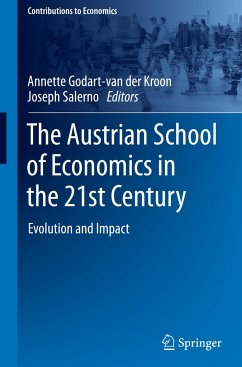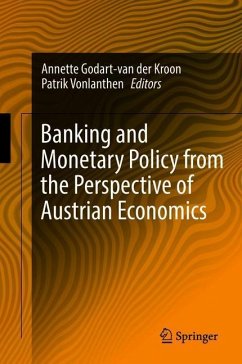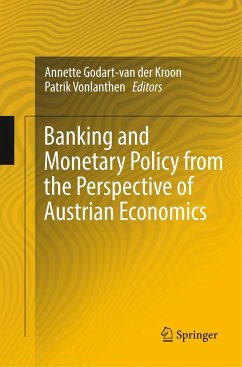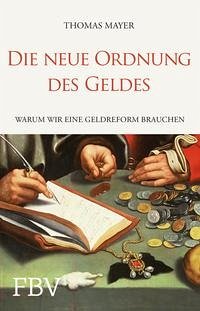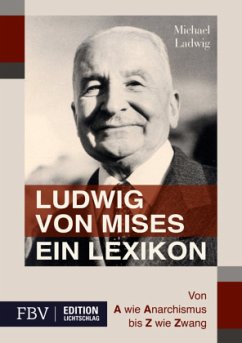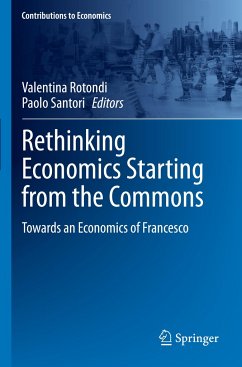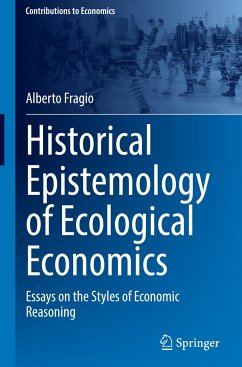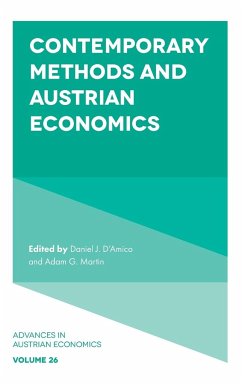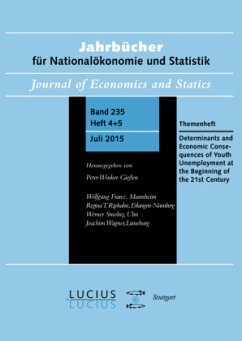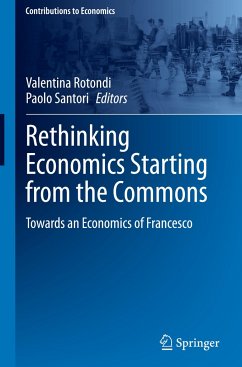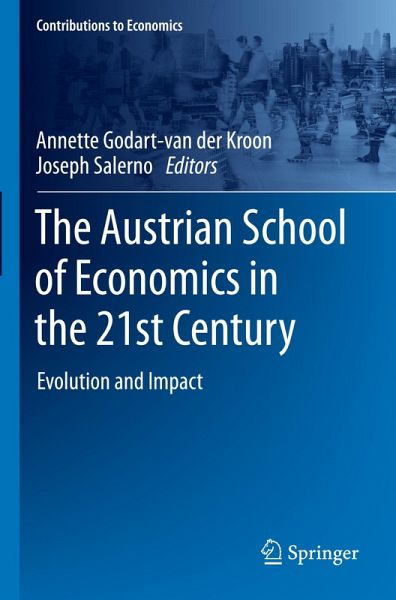
The Austrian School of Economics in the 21st Century
Evolution and Impact
Herausgegeben: Godart-van der Kroon, Annette; Salerno, Joseph
Versandkostenfrei!
Versandfertig in 6-10 Tagen
49,99 €
inkl. MwSt.

PAYBACK Punkte
25 °P sammeln!
This book provides an overview of the evolution and theories of the Austrian School of Economics and develops answers to current economic questions and the pressing problems of the 21st century from the Austrian perspective. Readers will learn about the fundamental ideas of the Austrian School, the current state of Austrian economics, and the intellectual figures and institutions that sustain it as a vibrant intellectual movement. International experts on Austrian economics cover topics such as the economic impact of pandemics, trade blocs, federalism and European integration, and the economic...
This book provides an overview of the evolution and theories of the Austrian School of Economics and develops answers to current economic questions and the pressing problems of the 21st century from the Austrian perspective. Readers will learn about the fundamental ideas of the Austrian School, the current state of Austrian economics, and the intellectual figures and institutions that sustain it as a vibrant intellectual movement. International experts on Austrian economics cover topics such as the economic impact of pandemics, trade blocs, federalism and European integration, and the economic development of China. The book also discusses the influence of the Austrian School on modern economic thought and mainstream economics, as well as on policymakers. It will appeal to students and scholars of economics and to anyone interested in social and economic liberalism.





